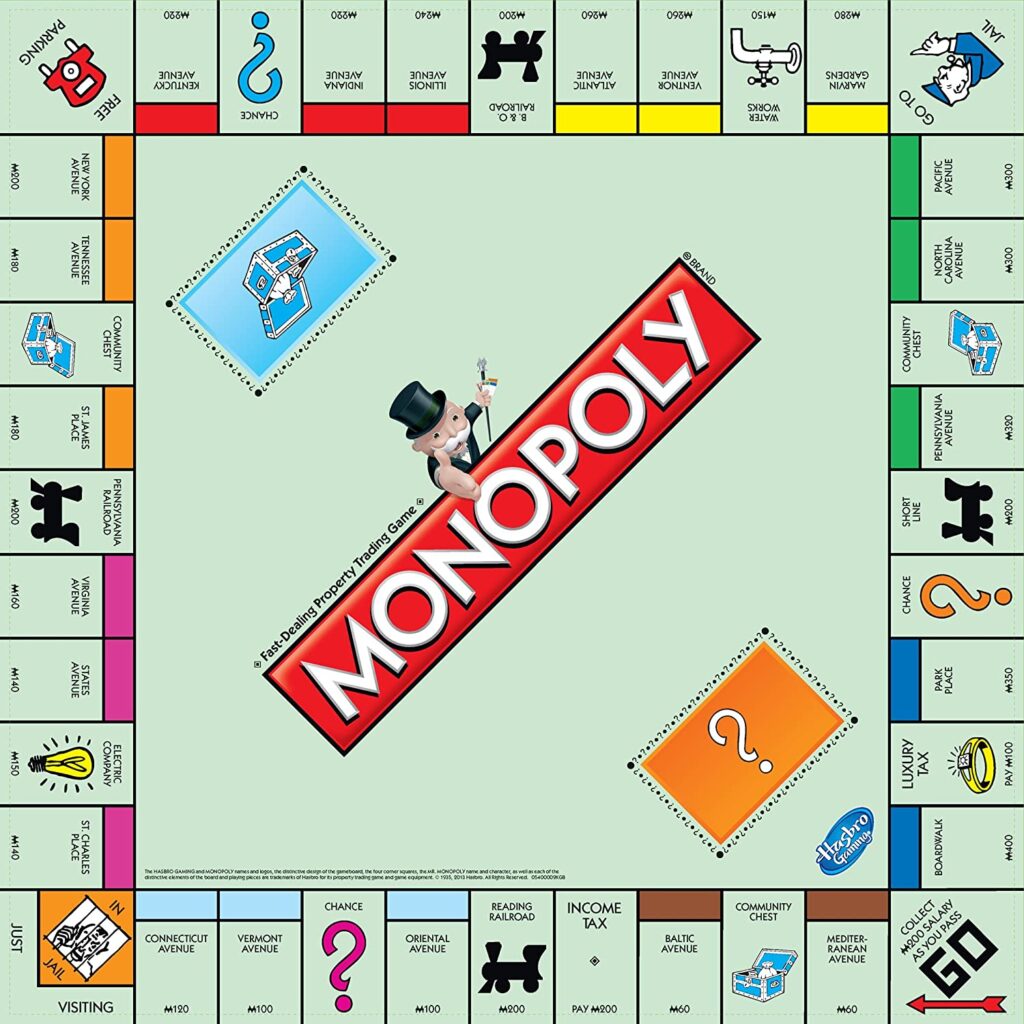Monopoly is a market structure where a single company or entity controls the entire supply of a product or service, eliminating competition. This dominance allows the company to set prices without external pressures, often leading to higher costs for consumers. Monopolies can arise due to government regulations, exclusive resource ownership, high entry barriers, or technological advantages. While they can drive innovation and efficiency in some cases, they often result in reduced consumer choice and potential exploitation. Governments may regulate or break up monopolies to promote fair competition and protect consumers.
In history, monopolies have existed in industries such as oil, railroads, and telecommunications, leading to antitrust laws to prevent unfair business practices. Modern examples include tech giants and pharmaceutical companies that dominate markets. While some monopolies are legal, such as government-sanctioned utilities, others face scrutiny for unethical behavior. Balancing monopoly power with fair competition remains a crucial challenge in economic and regulatory policies worldwide.








